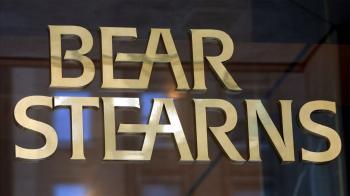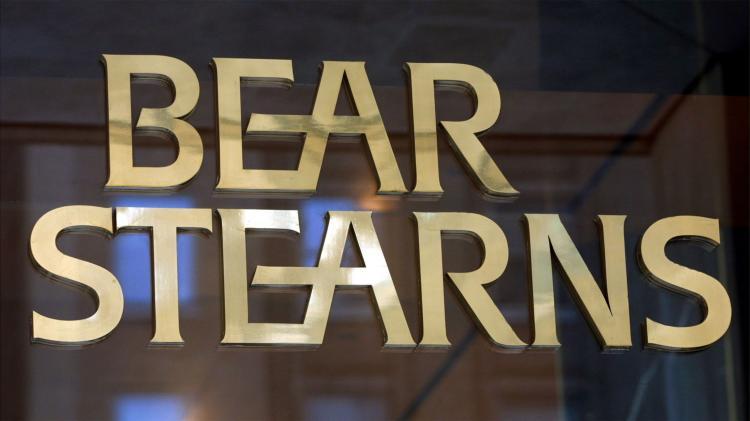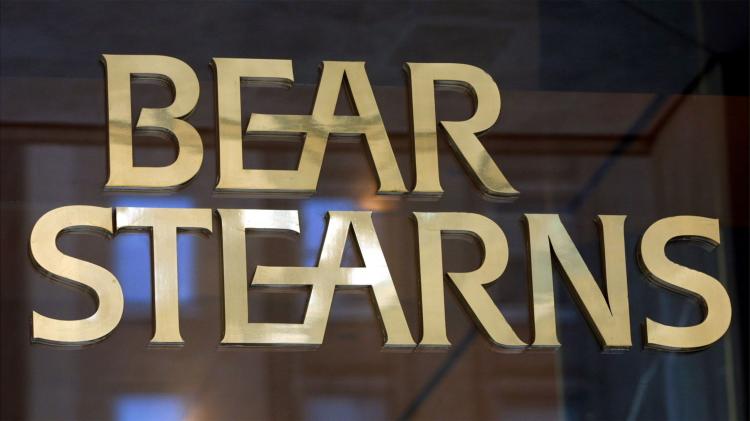NEW YORK—Former Bear Stearns Cos. Inc. executives faced a panel of investigators earlier this week on their roles in the collapse of the fifth-largest U.S. investment bank.
Bear was the first major company to fold under the pressure of the subprime mortgage crisis, the resulting credit market crunch, and the eventual global financial meltdown and recession of 2008.
All the executives said that there was nothing they could do to keep the bank in business.
“The market’s loss of confidence, even though it was unjustified and irrational, became a self-fulfilling prophecy,” said former CEO and Chairman Jimmy Cayne, in front of the Financial Crisis Inquiry Commission (FCIC) in Washington. Cayne was famously away at a bridge tournament in Detroit as Bear faced severe liquidity issues in early 2008.
It was the first public appearance by Cayne, 76, since the Federal Reserve-assisted takeover of Bear Stearns by JPMorgan Chase & Co. in the middle of the subprime mortgage crisis. The Fed guaranteed roughly $29 billion in Bear assets.
Bear Stearns was the first major bank to collapse, ushering in a period where three of the top five U.S. investment banks either folded or were sold to competitors. Merrill Lynch & Co. was bought by Bank of America Corp., and Lehman Brothers Holdings Inc. declared bankruptcy in September 2008.
Alan Schwartz, Cayne’s successor as CEO, echoed Cayne’s sentiments, saying that investors and the public bet against the firm. Two of Bear’s hedge funds, which invested heavily in subprime-mortgage backed securities, collapsed in July 2007.
“We did not foresee the extent to which housing prices had been driven to unsustainable levels,” Schwartz, who called Bear a victim, told the panel.
When Bear was sold to JPMorgan for $10 a share, many employees lost their savings as a result. Cayne himself was among the largest shareholders in the firm, losing almost $1 billion in the process.
Nonetheless, the executives did not take the blame for the bank’s collapse, in a similar testimony to Lehman Brothers’ CEO Richard Fuld, who has testified in Congress twice since his bank became bankruptcy around six months after Bear’s insolvency.
The FCIC will produce a report to Congress at the end of the year on the cause of the financial crisis.
Bear was the first major company to fold under the pressure of the subprime mortgage crisis, the resulting credit market crunch, and the eventual global financial meltdown and recession of 2008.
All the executives said that there was nothing they could do to keep the bank in business.
“The market’s loss of confidence, even though it was unjustified and irrational, became a self-fulfilling prophecy,” said former CEO and Chairman Jimmy Cayne, in front of the Financial Crisis Inquiry Commission (FCIC) in Washington. Cayne was famously away at a bridge tournament in Detroit as Bear faced severe liquidity issues in early 2008.
It was the first public appearance by Cayne, 76, since the Federal Reserve-assisted takeover of Bear Stearns by JPMorgan Chase & Co. in the middle of the subprime mortgage crisis. The Fed guaranteed roughly $29 billion in Bear assets.
Bear Stearns was the first major bank to collapse, ushering in a period where three of the top five U.S. investment banks either folded or were sold to competitors. Merrill Lynch & Co. was bought by Bank of America Corp., and Lehman Brothers Holdings Inc. declared bankruptcy in September 2008.
Alan Schwartz, Cayne’s successor as CEO, echoed Cayne’s sentiments, saying that investors and the public bet against the firm. Two of Bear’s hedge funds, which invested heavily in subprime-mortgage backed securities, collapsed in July 2007.
“We did not foresee the extent to which housing prices had been driven to unsustainable levels,” Schwartz, who called Bear a victim, told the panel.
When Bear was sold to JPMorgan for $10 a share, many employees lost their savings as a result. Cayne himself was among the largest shareholders in the firm, losing almost $1 billion in the process.
Nonetheless, the executives did not take the blame for the bank’s collapse, in a similar testimony to Lehman Brothers’ CEO Richard Fuld, who has testified in Congress twice since his bank became bankruptcy around six months after Bear’s insolvency.
The FCIC will produce a report to Congress at the end of the year on the cause of the financial crisis.






